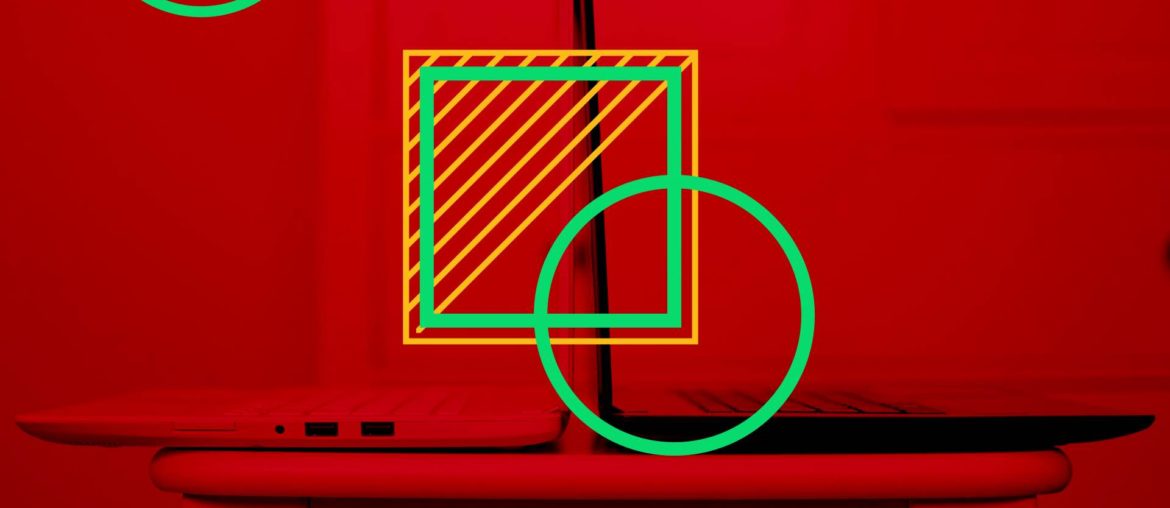Should I become a Specialist vs. GeneralistDesigner?
To become a design Specialist vs. Generalist will always be a tough choice. Because they both have their pluses and minuses, so let’s have a closer look at each of them, so as a designer, you also can make a decision.
Nevertheless, no matter who you became, the design fundamentals and your soft skills are not changing. That is to say, it’s essential to maintain those two things equally to become a success.
Generalist
Generic Designer is a designer who knows a wide range of design skills and practices to perform a design task. In most cases, Generic Graphic designers are capable of completing a project start to finish with minimal supervision or guidance.
Pros
- Seeing the bigger picture: Since they excel in many design skills, they can understand the bigger picture of a project from start to finish.
- They are affordable: Since they do not specialize in all the design skills that they know, their price tag is quite competitive compared to a specialized designer.
- Easy to find a job: Generic Designers have multiple skill sets, therefore finding an appointment will be very easy for them. For example, Generic Designer can be work as a User Interface Designer, Brand Designer or Product Designer, Ect.
- They know it all: Generic Designers will fit into a team well because they can fill any of the gaps in the organization without much of an effort. Their knowledge of many design skills will come in handy in those situations. They will not have to wait for the specific person to handle a task.
Cons:
- It required a lot of time and commitment to become a generic designer.
- You will have to spend more time learning skills and practicing at the commercial level.
- To keep learning, practicing, and maintaining multiple design skillsets can cost you lots of money and time.
- Most of the generic designers are finding it challenging to deliver multiple design projects on the same standards as specialized designers do. Therefore, to be good at performing or producing a quality task can be challenging on many occasions.
Specialist
Specialized designers are designers who have skills in one particular design skill. They may know the other aspect of designs, but their main focus is to work on one specific task of a design project.
Pros.
- Demand for higher pay: Since they specialize in particular design skills, they can demand higher compensation, mostly the people who are hiring them are more substantial companies. They will pay more for specialized skills because they need to complete the project in high notes.
- Larger team’s company advantage: Only larger companies/projects can only accommodate a set of specialist designers. They are working with multiple team members that will help them to enhance their design skills, improve their decision-making process. Their contributing mostly to larger projects and will allow them to have a vast portfolio.
- As the world became more complex, our requirements have become more specific, so the ideal scenario will be to have a specialized skill to fulfill those requirements. If a designer can specialize in one skill would have a competitive advantage compared to generalist designers.
Cons.
- Difficulty to find a job
Summary
As a fact, Generalist designers always perform a small to medium design tasks that have multiple design objectives. Likewise, specialized designers are working with large firms, agencies, or establishments. Because the design objectives and requirements can be more extensive. Therefore they need the service of a specialized designer to take care of a specific part of the project.
For instance, Let’s take a website project; depending on the budget and requirement, a generalist designer would be an ideal choice. Furthermore, It’s more likely to work on from the user experience & interface designs. Likewise, if the project is quite specific and budget is higher, they will hire a specialized design team who has many designers who perform a particular design task, for example, user experience designer, user interface designer and a web developer
Observation.
As a designer, it’s essential to understand what you are good at?, Industry demand? And where are you in the competition. If you find yourself passionate about specific design skill that has needed in the industry and if you’re good at it, it makes sense to specialize in that.
It’s always safe to become a generalist if you’re afraid of the competition. Also, if you like to do multiple things, So there are pros and cons to both. Therefore, It’s your call after looking at your passion.
What do you think about it? Please let me know in the comments.

